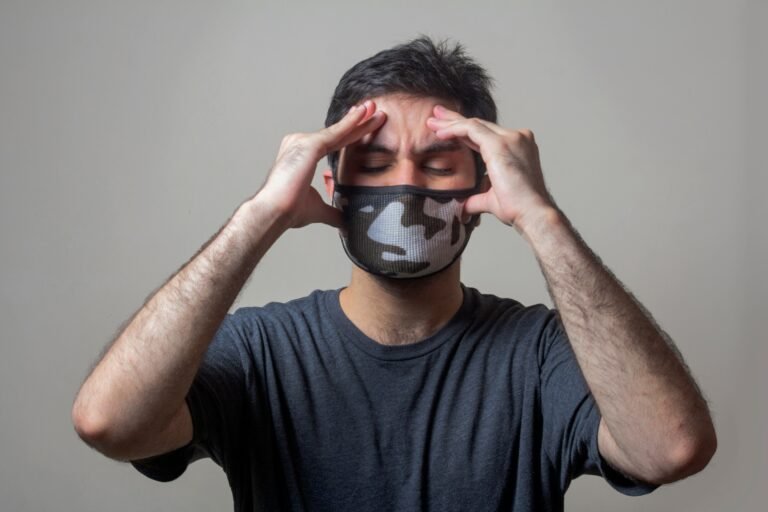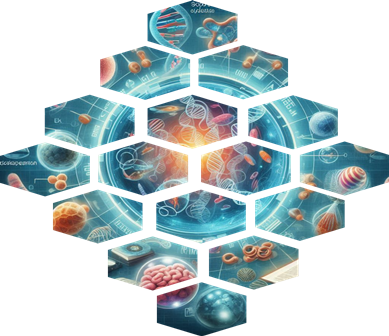“Do you wake up with a morning headache?
Do you grind or clench your teeth while sleeping?
Are you experiencing persistent earaches or clicking in your jaw (TMJ)?
These are all common signs of TMJ joint dysfunction.“
The temporomandibular joint (TMJ) connects the jaw to the skull. When this joint is injured or damaged, it can lead to TMJ syndrome. As a complex and vital structure made up of bones, tendons, and muscles, issues with the TMJ can cause pain on one or both sides of the jaw.
The connection between headaches and TMJ lies in the tension and stress in the jaw, which can trigger headaches that resemble tension headaches. These headaches often cause pain on the sides and the top of the head.
Additional symptoms of a TMJ headache include:
- The top and bottom jaw are not aligned correctly, Changes in your bite or teeth alignment.
- The jaw has undergone traumatic injury, Limited jaw mobility.
- The teeth or jaw have become infected.
- Tight and/or painful facial or jaw muscles.
- A “clicking” or “popping” noise when opening and closing the mouth.
- Headaches.
- Sore jaw muscles.
- Locking of the jaw.
- Pain in the temple.
- Dizziness or vertigo.
- Earache.
Causes: TMJ dysfunction doesn’t have a single definitive cause and can arise from various factors. Some potential causes of TMJ pain include:
- Jaw injury or trauma.
- Arthritis in the jaw joint.
- Teeth grinding or clenching.
- Poor posture or stress.
- Connective tissue disorders
Diagnosis: A general physician will review your medical history and conduct a physical examination. You may also be referred to a dentist specializing in jaw disorders or an otolaryngologist. Since your symptoms could be related to conditions such as trigeminal neuralgia, salivary gland disease, or swollen lymph nodes, the goal is to rule out other possible medical issues.
Other Treatments: Some individuals find relief with over-the-counter medications like Ibuprofen or Aspirin. Applying ice packs to the jaw joint may also help, and sedative essential oils, such as clary sage and lavender, can provide temporary relief.
If home remedies are ineffective for treating TMJ syndrome, medical intervention may be necessary. A jaw specialist might use a dental splint to maintain proper teeth alignment and prevent grinding. Other medical treatments include trigger point acupuncture, joint replacement, or TMJ arthroscopy. Muscle relaxants and anti-inflammatory medications may also be prescribed.
Effectiveness of Physical Therapy:
Physical therapy can be highly effective in treating TMJ disorders. A physical therapist will assess your jaw mobility and work to release muscle tension in the neck and head. They will conduct a thorough evaluation of the neck, shoulder girdle, and thoracic spine to determine if these areas are contributing to your symptoms. The primary goal of physical therapy is to restore the proper function of the muscles and joints involved in jaw movement.
Treatment may include joint manipulations, mobilization, myofascial techniques, and specific jaw exercises. Electrotherapy modalities like ultrasound and electrical stimulation are also important for reducing pain and muscle tension. These treatments aim to improve joint range of motion, boost circulation, reduce inflammation, enhance mobility, and strengthen muscles, ultimately helping to alleviate headaches.
If you notice clicking sounds when opening or closing your mouth, difficulty chewing or yawning, jaw pain, constant headaches, or movement difficulties, these could be signs of Temporomandibular dysfunction. Don’t ignore these symptoms—consult a physical therapist who can help manage and eliminate them. Follow your physiotherapist’s advice for effective relief.
To build a career in Physiotherapy contact school of physiotherapy, Asian institute of public health university Bhubaneswar. (https://aiph.ac.in/)






